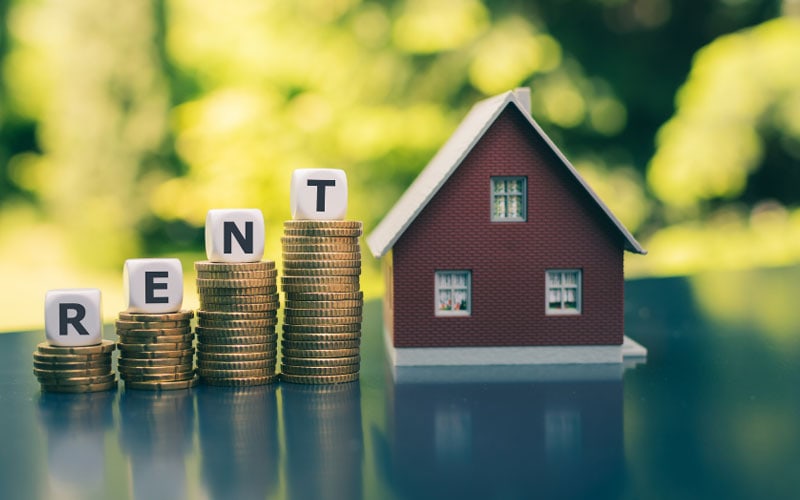
Did you recently become a landlord? With rental demand rising and mortgage interest rates at historic lows, it’s never been a better time to invest in rental properties.
But even with all the upside, being a landlord isn’t the same as being a homeowner. There are a lot more moving parts, and if you aren’t familiar with the procedures, it can be overwhelming.
If you are wondering when it is okay to raise the rent, you’ve come to the right place. Read on as we discuss the reasons and factors for raising your rent.
Factors Which Determine the Raise Rent
When Your Property Values Go Up
As a landlord, you have the right to raise your rent when your property values go up. This is because your property is worth more than it was when you first rented it out. By raising your rent, you can keep up with the current market value of your property and make a profit.
However, you should only raise your rent by a fair amount so that your tenants can still afford it. If you raise your rent too much, your tenants may move out, and you will have to find new ones. You can view here for more info on property values.
When You Make Significant Improvements to the Property
If you made significant improvements to your rental property, you may be able to raise the rent. This is especially true if the improvements made the property more desirable to tenants.
For example, if you renovate the kitchen or add a new deck, you may be able to charge more in rent. Of course, you’ll need to weigh the costs of the improvements against the potential rent increase. This is to make sure it makes financial sense for your business.
When Your Expenses Go Up
If your expenses go up, you may need a rent raise to cover the additional costs. This can be a difficult decision, as you don’t want to price your tenants out of their homes.
However, if you don’t raise the rent, you may find yourself struggling to make ends meet. Talk to your tenants about your situation and see if they are willing to pay a bit more each month. If they are not, you may need to look for new tenants who are willing to pay the higher rent.
When You Feel Like Your Current Rent is Too Low
There are certain considerations you must keep in mind if you feel like your rent is too low. One of these considerations is your market.
If rents in your area have been rising, you may be able to get away with raising your rent. However, if rents have been stagnant or even falling, you may want to consider keeping your rent where it is.
Also, think about your tenants. If you have long-term, reliable tenants who pay their rent on time, you may not want to risk losing them by raising the rent.
Don’t be afraid to negotiate. If you’re worried about losing tenants, you can always try to negotiate a new, higher rent with them.
Make Sure You Have a Reason to Raise Rent
As a landlord, you should avoid raising rent too frequently or without justification. This is because it could lead to tenant turnover and a decline in rental income.
However, there may be times when raising rent is necessary. If you do decide to raise the rent, be sure to give your tenants advance notice and clearly explain the reason for the increase.
For more tips on running rental properties, be sure to check out our blogs!







